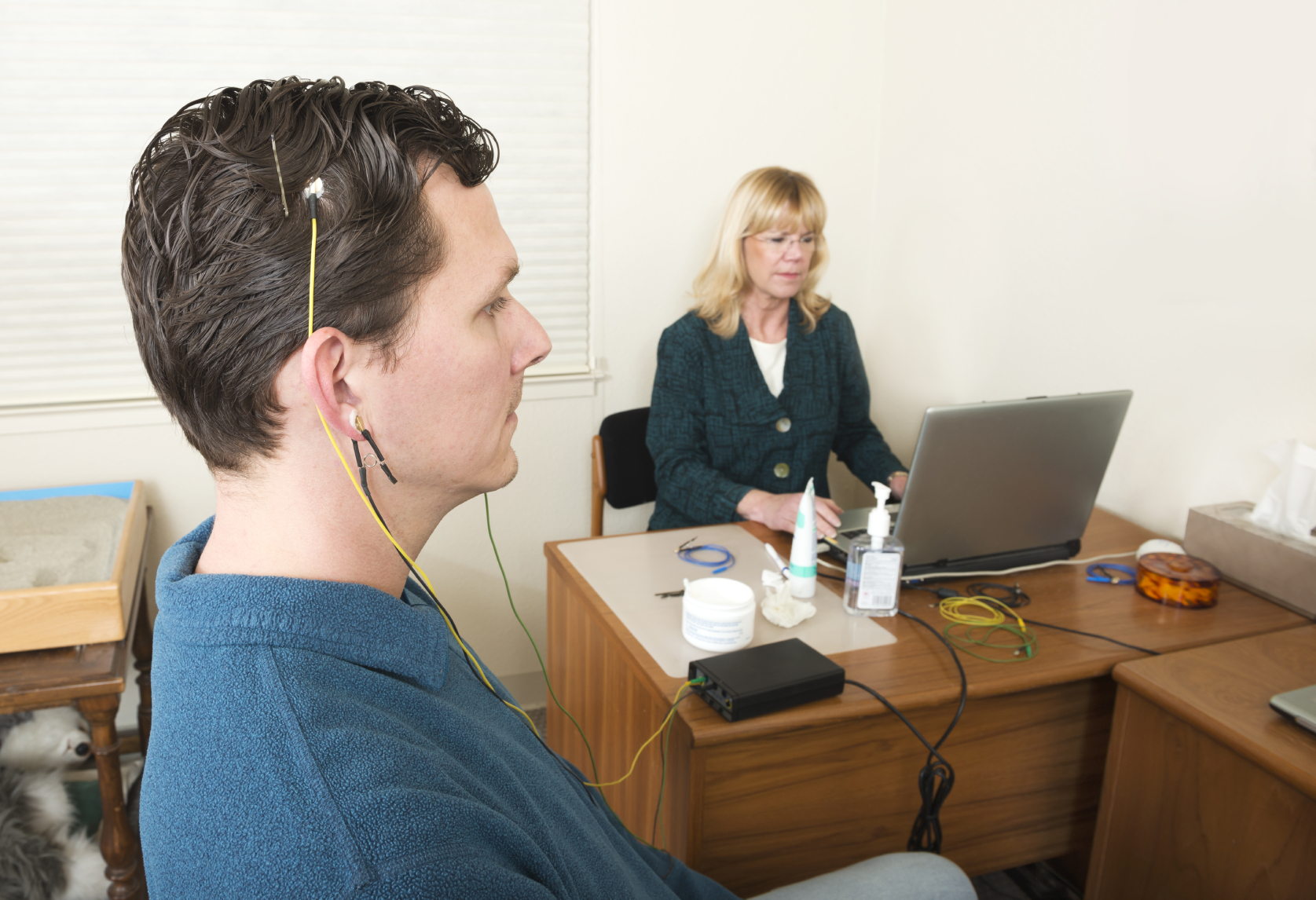Exploring How Slumber Disorders Interfere with Brainwave Activity as well as Affect Mental Performance
Slumber is an essential part of our everyday lives, enabling our physical selves and mental faculties to rest and recover. However, many people experience from slumber disorders, which can significantly disrupt slumber patterns. These disorders can result to multiple issues, including alterations in brainwave activity. Brainwaves are electronic impulses in the brain that indicate our cognitive state and activity. When sleep is interrupted, the normal patterns of neural waves can be affected, leading to issues with mental function, such as memory, attention, and judgment.There are various types of sleep disorders, including sleeplessness, slumber apnea, and restless leg syndrome. Sleeplessness is defined by trouble going or staying asleep, while sleep apnea entails interruptions in respiration during sleep. Restless leg syndrome causes discomforting sensations in the limbs, leading to an compelling urge to move them. Each of these disorders can disrupt the normal sleep cycle, which comprises of different stages, including shallow sleep, deep sleep, and REM (rapid eye movement) slumber. Each stage holds a crucial role in preserving overall cognitive health and function.
When sleep disorders disturb with these stages, neural wave activity can become irregular. For instance, during deep sleep, the mind produces slow delta waves, which are essential for bodily restoration and memory consolidation. If a person experiences frequent awakenings or does not reach profound sleep, the generation of these delta waves is reduced. This can lead to challenges in acquiring new information and holding memories. Additionally, REM sleep, which is associated with dreaming and affective processing, is also affected. Interruptions in REM sleep can result to problems with affective regulation and creativity.
The effect of slumber disorders on mental function qEEG for sleep disorder research is significant. Research has demonstrated that individuals with sleep disorders often experience challenges with attention and concentration. This can affect their capability at educational institutions or work, making it difficult to finish tasks or engage in discussions. Furthermore, chronic sleep deprivation can lead to mood changes, increased stress, and even anxiety or melancholy. These cognitive and emotional challenges can create a cycle, where inadequate sleep leads to cognitive difficulties, which in turn can lead to more slumber problems.
Tackling slumber disorders is crucial for enhancing neural wave activity and mental function. Treatment options may encompass lifestyle changes, such as creating a consistent sleep schedule, establishing a comfortable slumber environment, and practicing relaxation techniques. In some cases, medical intervention may be required, such as employing a CPAP machine for slumber apnea or pharmaceuticals for sleeplessness. By prioritizing slumber and pursuing appropriate treatment, people can improve their overall cognitive abilities and boost their quality of life. Comprehending the relationship between sleep disorders, neural wave activity, and mental function is an important step toward better health and well-being.
